Customer perception of banking has changed. Their expectations of services provided by banks have altered dramatically and there’s no going back. Customers now demand a personalised, real-time, omnichannel experience, and banks running on legacy core banking platforms (CBPs) struggle to bring it to them.
Enter Skaleet: A 100% API-first core banking solution that serves as the back-end for 30 customers and millions of users in 20 countries. The company’s core module handles account management, auxiliary accounting, and service orchestration. Around those core services, it further offers a payment engine, card module, lending and deposit modules, a business process automation tool, and connectors to third-party solution providers.
“Using Skaleet, banks can form de novo banks—or ‘speedboats’—in as little as four months,” says Martin Della Chiesa, Co-CEO of Skaleet.
Multi-niche partnerships are the key to rapid implementation. “Our go-to-market strategy drives our understanding of the demand and thus what’s needed to go live. In that super-tight timeline, and from that solution, we draw up what local ecosystems must look like to make that happen,” says Della Chiesa.
Recommended: Explore the Future of Finance at Nordic Fintech Week
Fintechs also need core banking solutions
Skaleet’s solution applies equally to fintechs. Less funding and the need to scale means fintechs must now look outwards to a reliable core banking provider when launching their own “speedboats” as fully licensed EMIs, PIs or credit institutions.
“Banking technology is complex. When we tap our card at a store or wire money to a friend, we don’t consider the multiple back-end actions, accounting entries, file exchanges, customer instructions, SEPA bank connectivity, regulatory reporting, AML filtering, and controls involved. All financial institutions need a core banking solution to manage this complexity,” says Della Chiesa.

He further explains that it’s cheaper for fintechs to buy than to build and that even modern technology can eventually lead to technical debt. “Using Skaleet, you can confidently run a regulated financial institution with as few as 10 people,” says Della Chiesa.
The statement is backed up by evidence: One of Skaleet’s customers runs 1.5 million yearly transactions with only two full-time engineers.
Start “de novo” or migrate?
Launching de novo businesses is a well known strategy for financial institutions, says Della Chiesa, as it avoids the “migration fear factor.” “What’s interesting is that we’re seeing situations where the speedboat is almost overtaking the cargo and becomes the backbone for deep digital transformation,” says Della Chiesa.
Some of Skaleet’s features and achievements include:
- EU cloud-based
- API-first
- Realtime, event-driven design
- 1,000 configuration points across 200 product capabilities
- Configurable workflow
- automation
- 100% digital compliance checks
- Connecting customers to SCT Inst within 12 weeks (compared to 12 months by competitors)
- 99.99% uptime since 2015
- Leverages private cloud settings in EU providers (thus, zero CLOUD Act exposure)
- 60%-80% reduction in IT running costs



